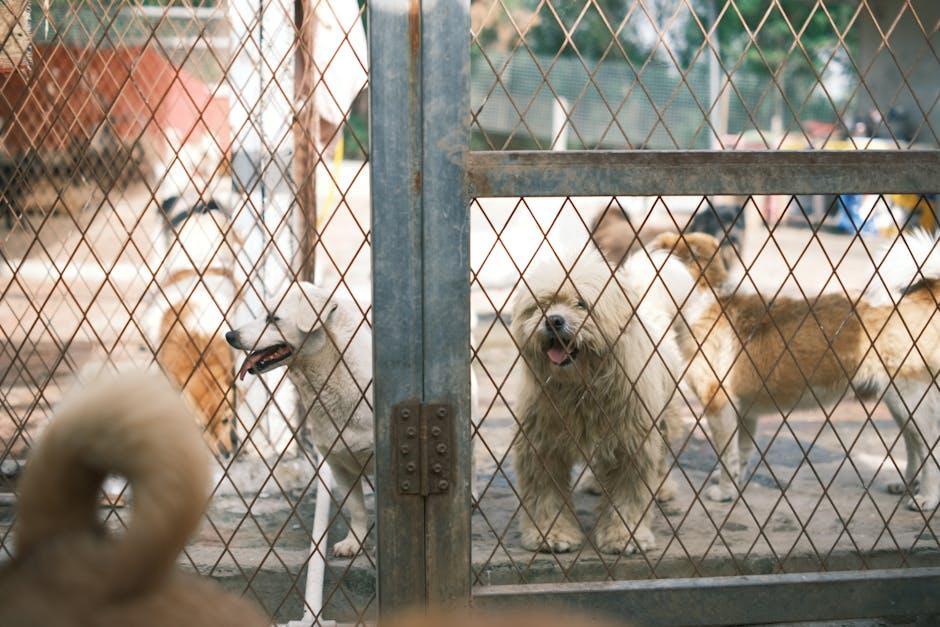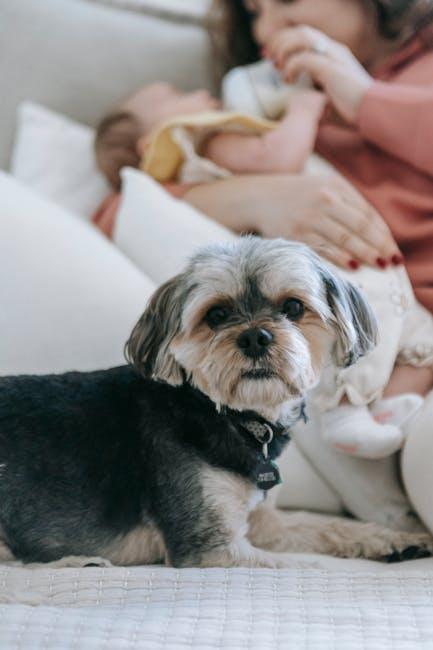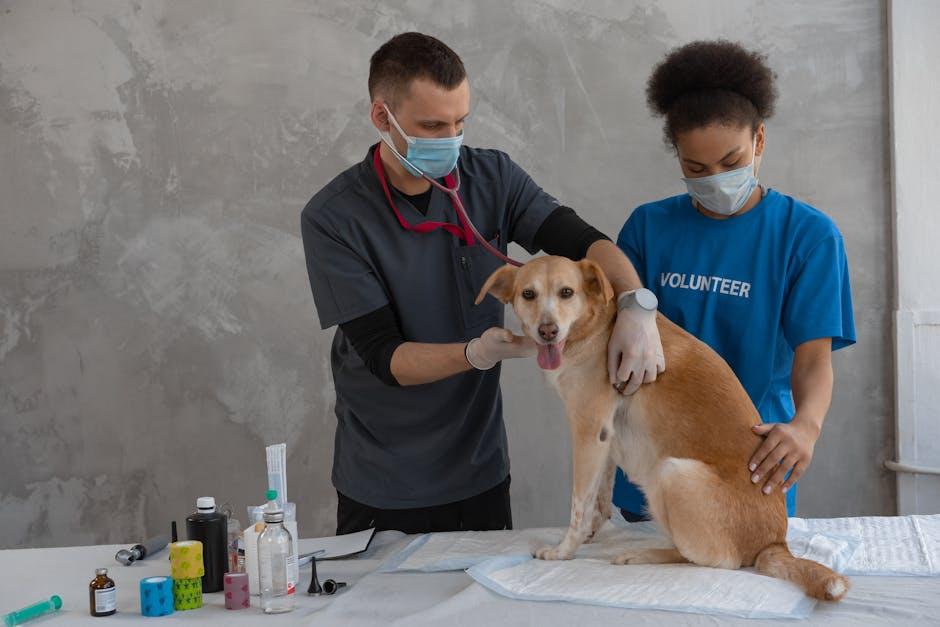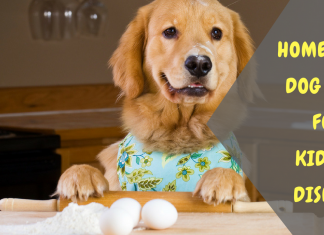Welcoming a new puppy into your home is a joyous occasion, filled with wagging tails and boundless energy. As you embark on this heartwarming journey, it’s essential to ensure your furry friend remains healthy and vibrant. Puppies, with their developing immune systems, are particularly susceptible to illness, making proactive care a cornerstone of their well-being. In this guide, we will explore the best ways to prevent illness in puppies, equipping you with practical tips and compassionate advice. From vaccinations to nutrition, our goal is to help you nurture a robust foundation for your puppy’s lifelong health, allowing you to focus on creating cherished memories together.
Creating a Safe and Clean Environment for Your Puppy
Ensuring a safe and clean environment for your puppy is crucial for their health and well-being. Start by creating a designated space for your puppy that is free from harmful substances and potential hazards. Remove any small objects that could be swallowed, and secure electrical cords and toxic plants out of reach. Regularly disinfect the area with pet-safe cleaners to eliminate bacteria and viruses. Ventilation is key; ensure the space is well-ventilated to reduce the buildup of germs and allergens.
- Use non-toxic cleaning products to maintain hygiene.
- Provide a cozy, washable bed to keep your puppy comfortable.
- Regularly clean food and water bowls to prevent bacterial growth.
- Ensure your puppy’s toys are washed frequently to keep them germ-free.
- Consider using a pet-safe air purifier to improve air quality.
Creating a safe and clean environment not only protects your puppy from illnesses but also helps them feel secure and loved. By taking these steps, you lay the foundation for a happy, healthy life for your furry friend.

Ensuring Proper Nutrition and Hydration for Optimal Health
Providing your puppy with the right balance of nutrients and adequate hydration is crucial for their development and overall health. Balanced nutrition supports their immune system, helping them fend off illnesses and grow strong. Opt for high-quality puppy food that meets the specific dietary requirements for their age and breed. Look for options rich in proteins, vitamins, and minerals. It’s also essential to introduce them to a variety of foods to ensure they get a broad spectrum of nutrients. Avoid giving them table scraps or human food, which might disrupt their nutritional balance.
- Fresh Water: Always ensure your puppy has access to fresh, clean water. Puppies are naturally active and require more water to stay hydrated.
- Feeding Schedule: Establish a consistent feeding schedule to help regulate their metabolism and digestion.
- Portion Control: Overfeeding can lead to obesity, which can weaken their immune system. Use recommended serving sizes as a guide.
- Supplements: Consult your vet about the need for supplements, especially if your puppy has specific health concerns.

Implementing a Regular Vaccination and Vet Check-up Routine
To ensure the health and well-being of your furry friend, establishing a consistent schedule for vaccinations and vet check-ups is crucial. Vaccinations play a pivotal role in safeguarding your puppy against a variety of infectious diseases, such as parvovirus, distemper, and rabies. Adhering to a vaccination schedule recommended by your veterinarian not only protects your puppy but also contributes to the overall health of the pet community.
Regular vet check-ups offer an opportunity to monitor your puppy’s growth and development. During these visits, the vet can identify potential health issues early on and provide guidance on nutrition, behavior, and preventive care. Consider implementing the following routine:
- Initial vet visit: Schedule this as soon as you bring your puppy home.
- Follow-up visits: Typically every 3-4 weeks until they are 16 weeks old.
- Annual check-ups: Once your puppy reaches adulthood, continue with yearly visits to ensure ongoing health.
















